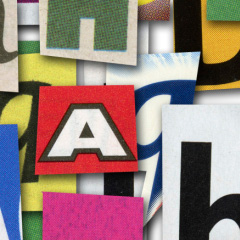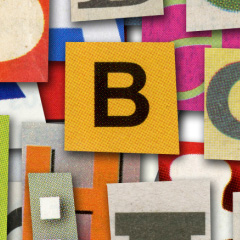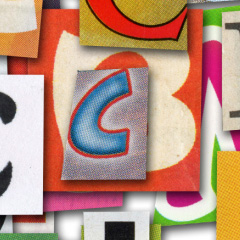Comparison and Contrast Language
Writing about the chosen topic needs comparing and contrasting with other facts or peopleʼs opinions. Comparing and contrasting helps find similarities and differences.

Nouns and noun phrases
|
|
|

Adjectives
|
|
|
|
|
|
|
|
|

Adverbials
|
|
|
|
|
|
|
|
|
|
|
|
|

Other parts of speech might be:
|
|
|
Some examples from the academic book Second Language Research Methods (Seliger, H. W., Shohamy, E., 1995):
In reviewing the literature the researchers may also encounter research studies similar to the ones which they are planning to conduct. (p. 68)
The fact that the phases of development are different in boys and girls, for instance, may lead the researchers to examine differences between the sexes, or other variables such as personality, learning styles, and motivations. (p. 69)
In describing the sources there is a need to differentiate between sources used for reference such as indices, computer searches, bibliography lists, and so on, and the actual and specific material, such as journal articles, reviews, etc. (p. 69)
…heuristic research is more inductive and more likely to arrive at new insight into the phenomena being studied… On the other hand, in deductive research we make assumptions and try to predict cause-and-effect relationships or the co-occurrence of phenomena. (pp. 88 – 89)
In reviewing the literature the researchers may also encounter research studies similar to the ones which they are planning to conduct. (p. 68)
The fact that the phases of development are different in boys and girls, for instance, may lead the researchers to examine differences between the sexes, or other variables such as personality, learning styles, and motivations. (p. 69)
In describing the sources there is a need to differentiate between sources used for reference such as indices, computer searches, bibliography lists, and so on, and the actual and specific material, such as journal articles, reviews, etc. (p. 69)
…heuristic research is more inductive and more likely to arrive at new insight into the phenomena being studied… On the other hand, in deductive research we make assumptions and try to predict cause-and-effect relationships or the co-occurrence of phenomena. (pp. 88 – 89)
Unlike descriptive research, qualitative research avoids establishing research questions or hypotheses, or identifying, a priori, any variable which will become the focus of the research.
Now try to formulate a sentence related to your thesis.